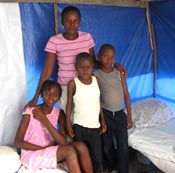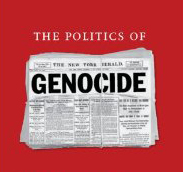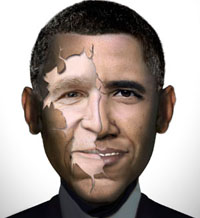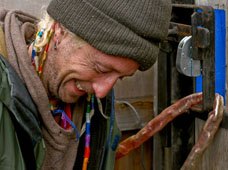
Slavery in Haiti
"I'm struggling to end slavery because I know how I suffered," said Helia Lajeunesse, a former restavèk, child slave, who is now a children's rights advocate. Today, there are an estimated 27 million slaves in the world, according to the research of Kevin Bales of Free the Slaves. This is more than at any time in history, even including during the trans-Atlantic slave trade. In Haiti, the only nation ever to host a successful slave revolution, 225,000 to 300,000 children live in forced and usually violent servitude in a system known as restavèk, literally "to stay with." The numbers are at risk of rising dramatically because of the hundreds of thousands of children who lost their parents or were abandoned after the earthquake





